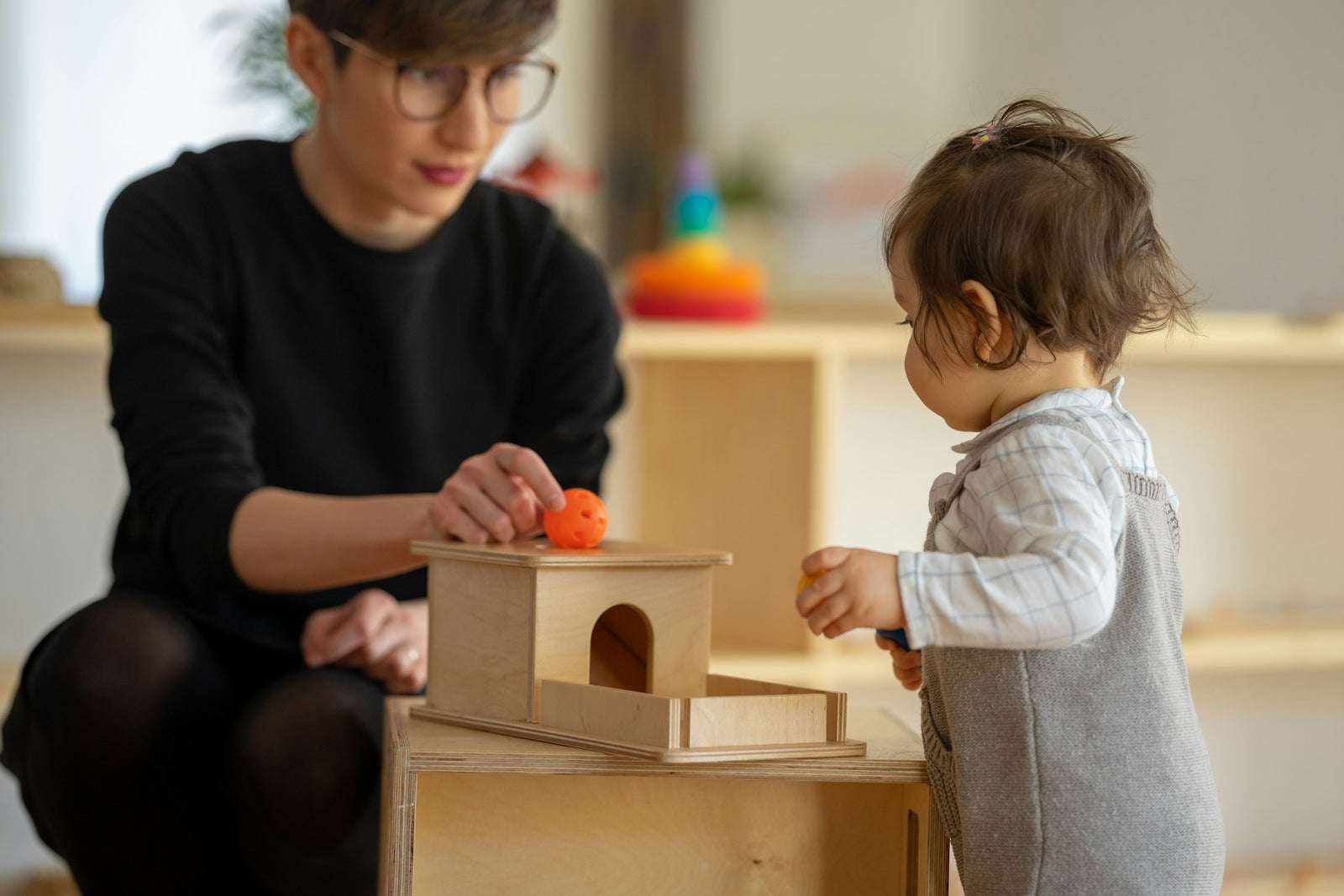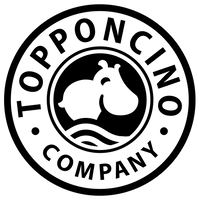Montessori Language Development: Encouraging Early Communication Skills in Infants

Language development is a critical aspect of your baby's cognitive and social development, laying the groundwork for effective communication, self-expression, and comprehension. The Montessori approach provides an invaluable framework for fostering language growth in your baby's early months, combining carefully tailored activities with a stimulating, supportive environment. By nurturing your baby's language skills from the beginning, you enable them to embark on a lifelong journey of learning, discovery, and effective communication.
In this article, we explore the principles and techniques of Montessori-inspired language development, offering insights into age-appropriate activities and strategies that promote healthy communication skills and cognitive growth. We will also discuss the essential components of a Montessori-friendly environment that supports language development and provides practical tips for parental involvement in fostering language skills.
By embracing Montessori principles and methods for language development, you empower your baby to develop strong communication skills, cultivate curiosity, and ignite a lifelong passion for learning.
1. Montessori Principles for Encouraging Language Development in Infants
Montessori-based language development relies on several guiding principles, which ensure the early groundwork for effective communication skills and comprehension:
- Provide a Rich Language Environment: Surround your baby with various forms of language, such as speech, songs, and books, to stimulate their auditory senses and nurture vocabulary growth.
- Encourage Active Listening: Cultivate your baby's listening skills by intentionally speaking to them and providing opportunities for them to respond or interact in conversations.
- Foster Speech Development through Imitation: Model clear, precise speech for your baby, enabling them to learn the nuances of pronunciation and articulation.
- Offer Age-Appropriate Activities that Encourage Language Development: Introduce language-based activities that are tailored to your baby's developmental stage, promoting healthy growth and understanding.
2. Designing a Language-Supportive Montessori Environment at Home
Creating a nurturing environment that fosters language development is integral to your baby's overall growth. Consider the following factors to establish a Montessori-inspired space for language learning:
- Provide Language-Rich Materials: Incorporate age-appropriate books, toys, and decor featuring letters, words, and images to pique your baby's curiosity and stimulate language recognition.
- Offer a Comfortable Space for Conversations: Create cozy, inviting areas in your home that facilitate communication, such as designated reading nooks or cushioned sitting areas.
- Ensure a Quiet, Focused Environment: Reduce distractions and noise levels within your baby's space, enabling them to concentrate on language-based activities and interactions.
3. Age-Appropriate Montessori Activities for Language Development
Integrating Montessori-inspired activities into your baby's daily routine can support language development at various stages throughout their early months:
Newborns (0-2 Months):
- Gentle Speech and Singing: Engage in soft, soothing conversations, and sing lullabies to expose your newborn to various speech patterns and sounds.
- Responsive Communication: Interact with your baby by responding to their vocalizations or expressions, fostering early communication skills.
Infants (2-6 Months):
- Read Aloud: Consistently read age-appropriate board books and picture books to your baby, allowing them to absorb vocabulary, tone, and cadence.
- Name Objects and People: Clearly identify and label the people and items in your baby's environment, facilitating vocabulary development and recognition.
Older Infants (6-12 Months):
- Engage in Conversations: Encourage two-way communication by asking simple questions or giving your baby opportunities to respond during everyday interactions.
- Introduce Sign Language: Teach basic sign language gestures that enable your baby to communicate their needs and desires before they can speak clearly.
4. The Importance of Parental Involvement in Language Development
Your role in your baby's language development is paramount, and your active involvement fosters the foundation for communication growth:
- Speak Clearly and Model Pronunciation: Ensure that your speech is clear and precise, enabling your baby to imitate and learn proper pronunciation.
- Describe Daily Activities and Routines: Narrate your daily interactions and routines to your baby, providing context and meaning behind language and speech.
- Provide Positive Reinforcement: Offer praise and encouragement when your baby attempts to communicate, building their confidence and reinforcing language growth.
- Remain Patient and Attentive: Demonstrating patience and attentiveness during language-based activities and interactions fosters a nurturing environment for your baby's communication development.
5. Adapting to Your Baby's Changing Language Needs and Abilities
As your baby grows, their language needs and abilities will evolve; maintaining a flexible and adaptive approach is essential to supporting their language development:
- Observe and Adjust: Pay close attention to changes in your baby's language skills, adjusting activities and experiences to correspond with their developing abilities.
- Seek Professional Support: If concerned about your baby's language development, consult with healthcare professionals or speech therapists to address any potential issues and provide support.
Conclusion:
Implementing Montessori-inspired principles and techniques can offer your baby the support and resources needed to promote healthy language development during their early months. By providing an environment that fosters communication skills and engaging in language-based activities, you empower your baby to develop strong social connections, communicate effectively, and ignite a lifelong passion for learning.
Begin your journey to fostering healthy language development and communication skills in your baby during their early months by incorporating Montessori-inspired techniques and insights that set the stage for a lifetime of confident self-expression and learning.
At The Topponcino Company, we provide Montessori products designed with your baby's development in mind. Our products are carefully crafted to encourage exploration, discovery, and independent learning, all of which are essential for healthy language development. Shop now and start your journey towards creating a language-rich environment for your little one!











